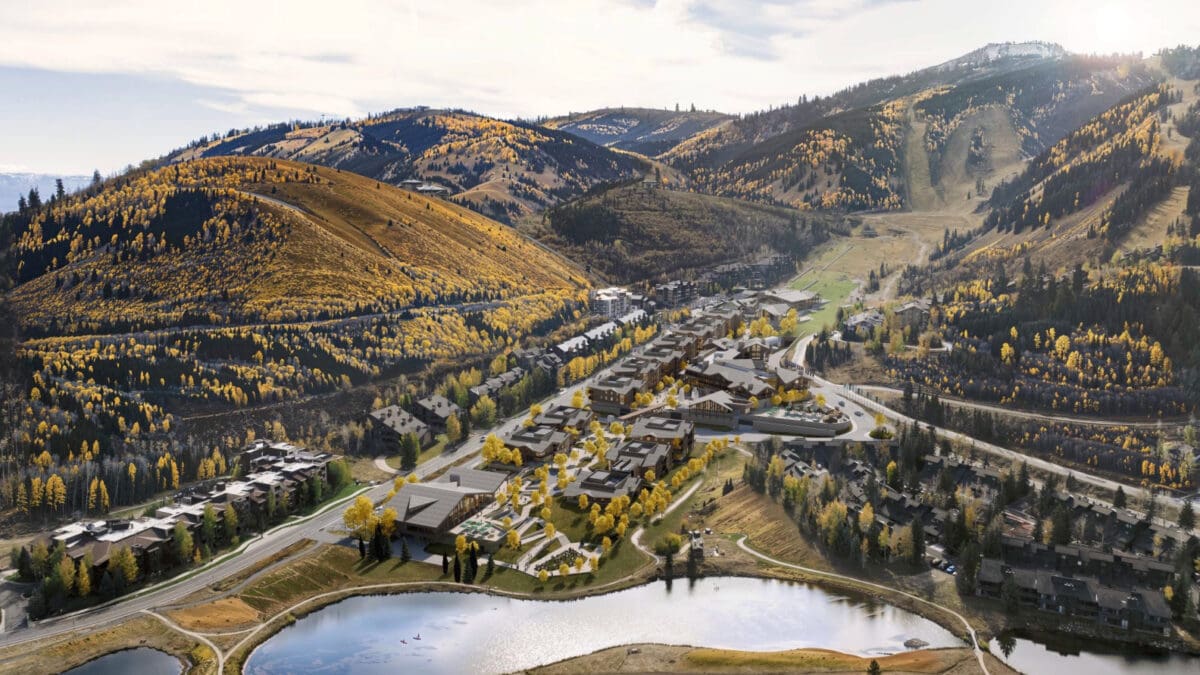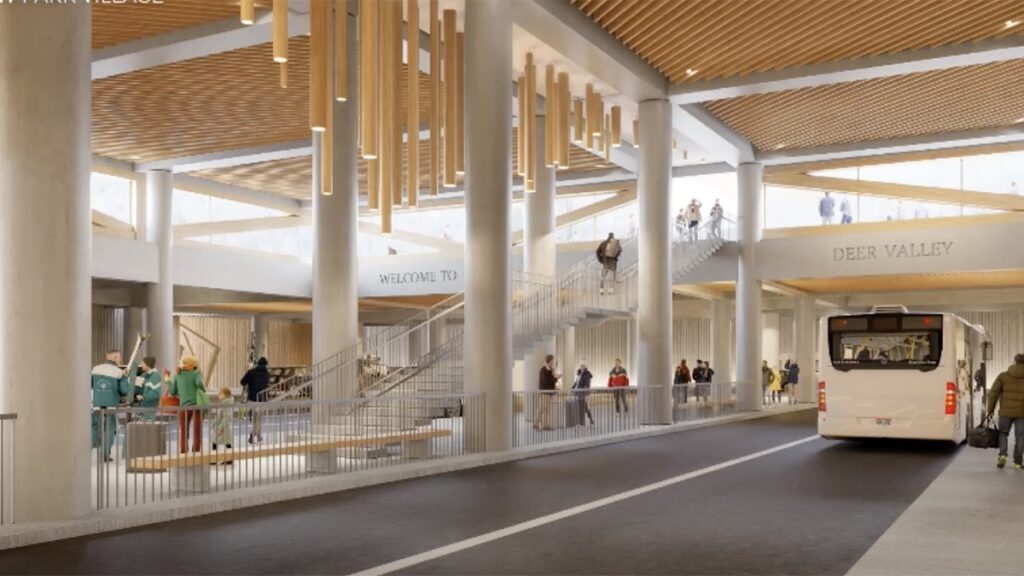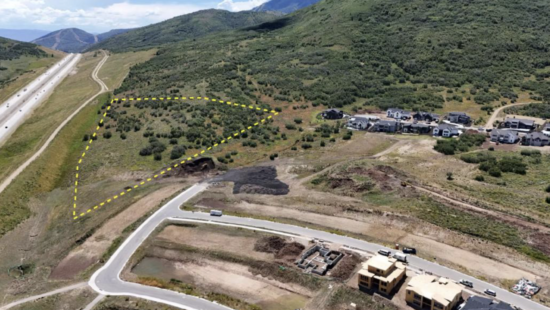Growth
Park City Council approves Public Infrastructure Districts saving Snow Park developers millions

A rendering of the Snow Park project at Deer Valley Resort. Photo: Deer Valley Resort
PARK CITY, Utah — The Park City Council voted unanimously Wednesday to approve the creation of public infrastructure districts (PIDs) at Deer Valley Resort’s Snow Park base, advancing a financing mechanism that will help fund infrastructure for the resort’s large-scale redevelopment plans and save the developer millions.
What the vote means
The approval allows Deer Valley to use PIDs to finance public improvements for the Snow Park project. The PIDs will allow Deer Valley to issue bonds to finance public infrastructure, with repayment coming from an additional tax levy imposed solely on future property owners within the resort’s redevelopment area.
“The debts and obligations of the PID are not the city’s,” said bond counsel Randy Larson, emphasizing that Park City residents outside the development would not be affected.

The financing arrangement is part of a $30 million public-private partnership, with City Hall and Deer Valley each contributing $15 million. The project will also include a total of 1,971 parking spaces, and a gondola system connecting Snow Park to the new Deer Valley base.
The redevelopment project envisions transforming Snow Park into a full-service base area, adding condos, retail spaces, and a hotel along with parking structures.
The council’s vote was procedural, requiring no public input at the meeting. Council members spent a short time reviewing the documentation before casting their votes. There was brief discussion about future parking operations, with Deer Valley representatives stating that some spaces would be privately controlled while others would remain open to the public.
Background on the PIDs and public benefit debate
The decision to approve PIDs has sparked debate in recent months. Deer Valley’s proposal will benefit its developer, Extell Development Company, potentially saving hundreds of millions of dollars. The PIDs enable Deer Valley to issue bonds backed by future property taxes, funding infrastructure such as roads, utilities, and parking facilities.
Supporters argue that the financing tool reduces the financial burden on City Hall and taxpayers, ensuring that the cost of infrastructure is covered by the development itself. However, critics have raised concerns about whether the public benefit justifies the tax breaks provided to the developer, and whether the city is relinquishing too much financial control.
With the council’s approval, Deer Valley can now proceed with its ambitious vision for Snow Park. However, questions about parking policies, public access, and the long-term impact of the PIDs are likely to continue as the project moves forward.



















